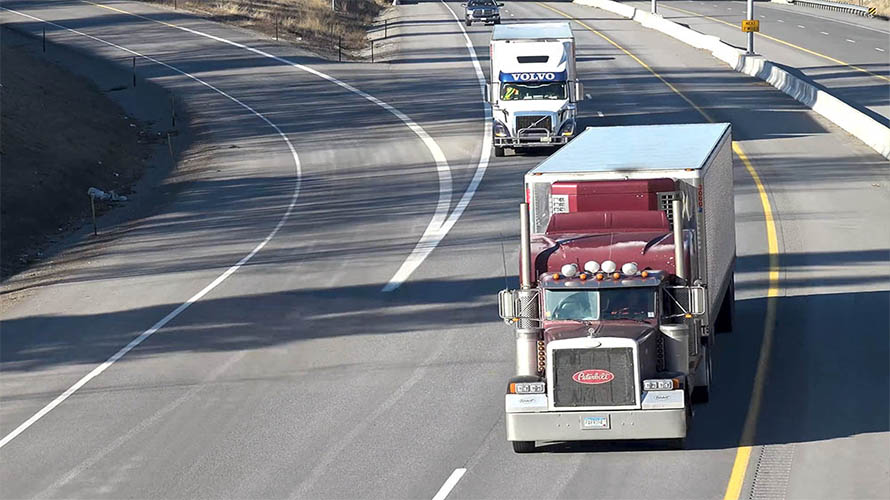Recommendations for Road Transportation in Critical Conditions (e.g., Wa

For road transportation in high-risk situations such as war, security, flexibility, and speed are crucial. Below are key recommendations:
1- Smart Planning & Routing
- Use alternative routes to avoid danger zones (e.g., conflict areas, bridges, or main roads that may be targeted).
- Rely on offline maps and satellite navigation (e.g., military GPS or alternatives like GLONASS).
- Check road conditions through local intelligence or coordination with security forces.
2- Vehicle & Cargo Protection
- Armor vehicles (if possible) or use military-grade trucks for vital shipments.
- Camouflage vehicles (earth-toned colors, netting, or blackout lights at night).
- Split cargo across multiple vehicles to minimize loss in case of an attack.
3- Coordination with Security Forces
- Travel in military convoys or under armed escort for high-value shipments.
- Use armed guards for critical supplies.
- Cooperate with local scouts or militias for real-time threat updates.
4- Time & Logistics Management
- Move during low-risk hours (night or early morning) and avoid high-traffic times.
- Carry extra fuel, spare parts, and quick-repair tools.
- Pack food, water, medical supplies, and survival gear for emergencies.
5- Secure Communications
- Use shortwave radios or satellite phones in areas with no cellular coverage.
- Establish communication codes to prevent leaks of sensitive info.
- Carry signal jammers to counter drone or remote-controlled explosive threats.
6- Preparing for Crisis Scenarios
- Train drivers in evasive driving, first aid, and ambush survival tactics.
- Have a cargo destruction plan if seizure by enemy forces is imminent.
- Identify safe shelters along the route for emergencies.
7- Leveraging Modern Technology
- Deploy recon drones to scout ahead.
- Install missile/air raid warning systems (if available).
Conclusion:
In war zones, concealment, mobility, and military coordination are vital. Always have backup plans (Plan B) and avoid predictable movements. For extremely high-value cargo, consider hybrid (air-land) or non-road transport methods.
Other Links
-
Why Do Customers Choose a Transportation Company?
-
How to Prevent Cargo Damage on Long-Distance Routes?
-
Robotisation in the transport and logistics sector : a revolution in progress
-
Shared Transportation
-
Driving on Mountain Roads: The Art of Combining Caution and Skill
-
Safety tips (how to load correctly)
-
Safety tips (Snow chains)
-
The victory of Dr. Masoud Pezeshkian in the 14th presidential election of Iran
-
What is Last Mile Transportation?
-
The traffic restrictions across the country for Nowruz 1404 have been announced.

New Comment
All Comments
There are no comments about this post yet!